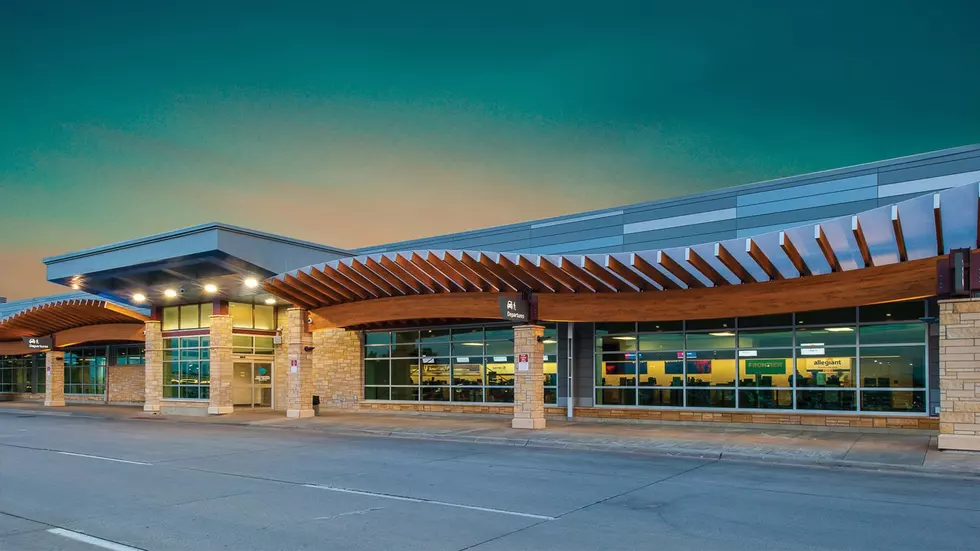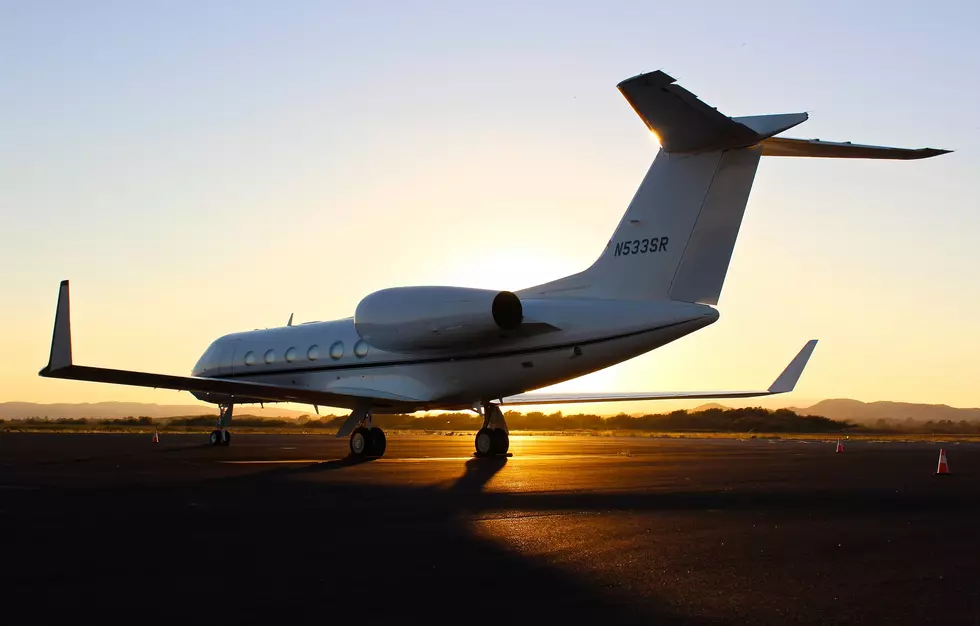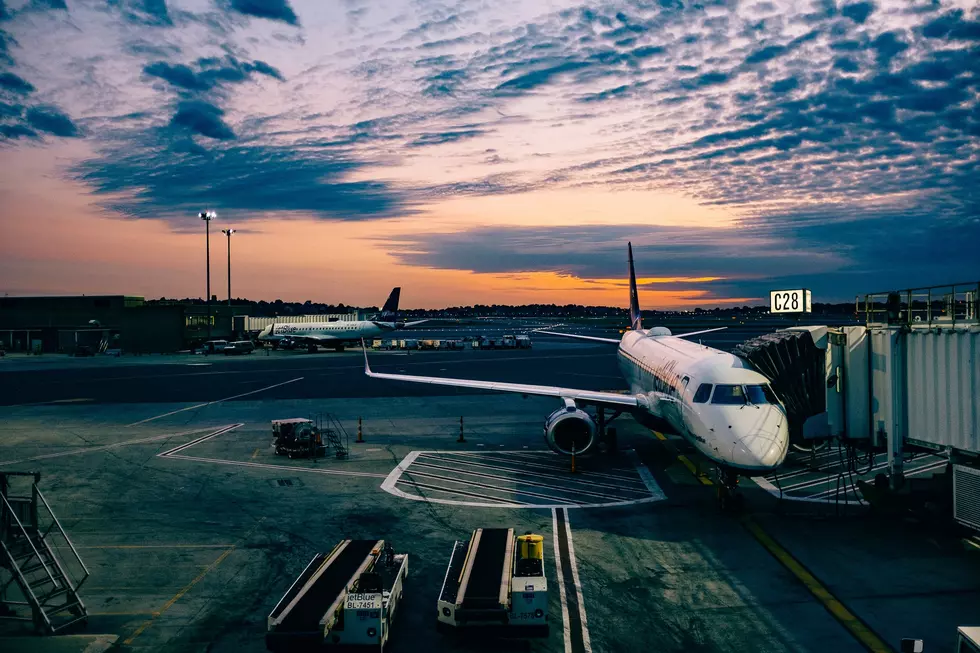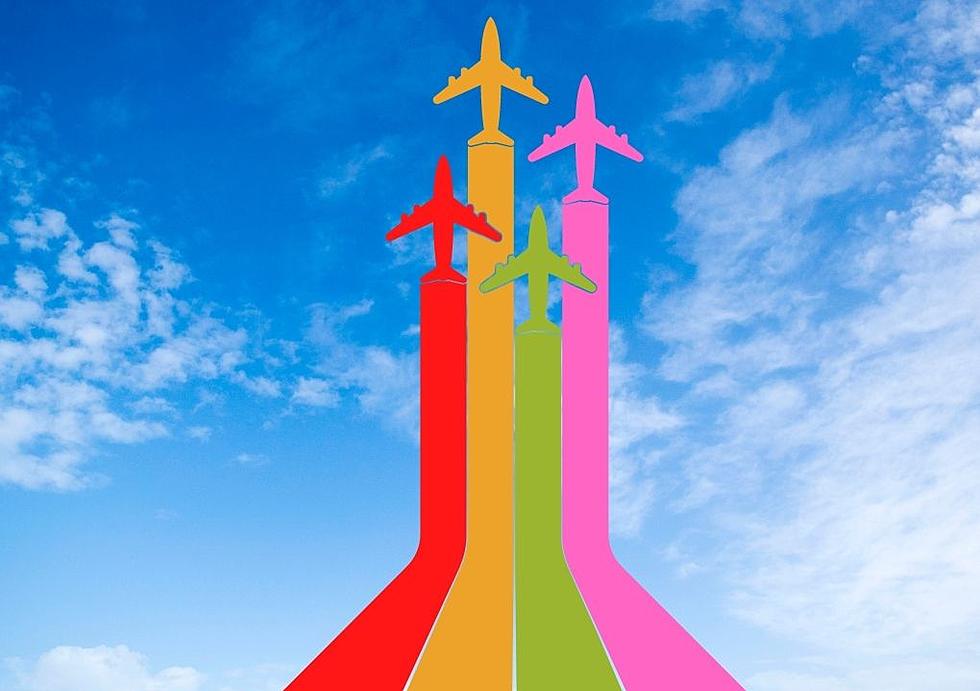
Mandatory Health Screenings Taking Flight at Eastern Iowa Airport
They unveiled plans for the program last July with the intent to start it in September, but in August, the Federal Aviation Administration (FAA) temporarily barred the use of CARES Act funding for such health screenings in airports, so it put the Eastern Iowa Airport's (CID) plans on hold.
But, after an update to the FAA's "Runway to Recovery" program guidance and a thorough FAA overview of what CID director Marty Lenss told the Cedar Rapids Gazette is a "first-of-its-kind program", the mandatory health screening initiative at CID, in partnership with Mercy Medical Center, is a go.
Installation of the primary health screening area begins Monday, January 18, and with the secondary health screening area already set up, it will be ready to implement next Monday, January 25.
Each passenger will undergo a temperature check, followed by a series of questions in accordance with the Centers for Disease Control (CDC) guidance. A ballpark estimate according to Lenss is that it will take each passenger an extra 10 seconds. Information from the Eastern Iowa Airport website on what they're calling the "Travel Well" program states:
"The pre-flight health screening will be required for all passengers departing on a flight out of CID as well as employees who work beyond the security checkpoint, called the sterile area."
If the passenger doesn't record a fever, it's straight off to the security checkpoint. A fever of at least 100.4 degrees, outward signs of illness or recent COVID positivity means the passenger will undergo a second screening to determine if there's another cause for the fever. The passenger's next step from there will be determined by Mercy Medical staff on site.
Procedures being followed already at the Eastern Iowa Airport include using electrostatic sprayers and they are considered the first airport in Iowa to require masks. Lenss calls the new screening program, not a "silver bullet" for the protection of airport passengers and staff, but "one more layer in a multilayered approach to trying to slow the spread of COVID-19". They will also likely continue implementing "broader plans" as advised by FAA guidance.

LET'S GO: The most popular historic sites in America
More From 104-5 KDAT
![How Many of the Midwest’s National Parks Have You Visited? [PHOTOS]](http://townsquare.media/site/675/files/2024/01/attachment-alex-moliski-0yBU16_3yXI-unsplash.jpg?w=980&q=75)








